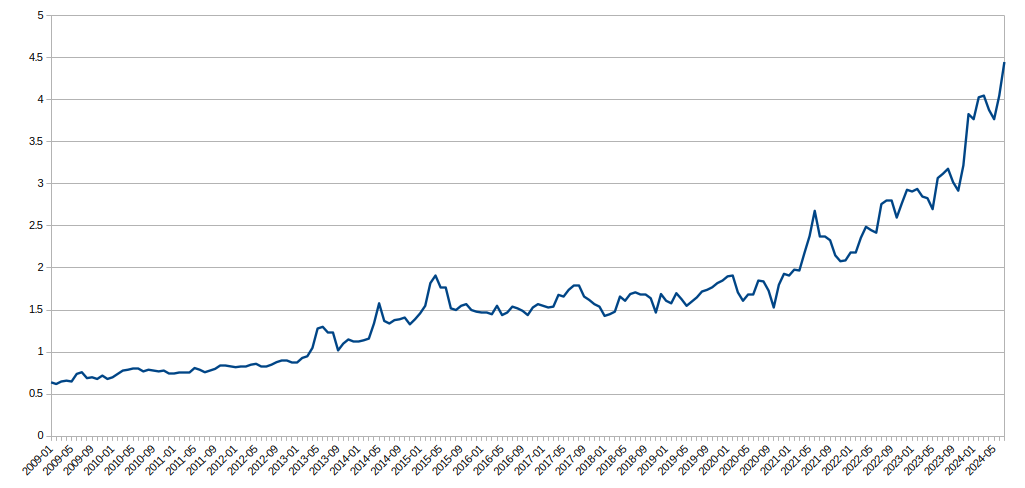Git records the local timezone when a commit is made [1]. Knowledge of the timezone in which a commit was made could be used as a bit of identifying information to de-anonymize the committer.
Setting one's timezone to UTC can help mitigate this issue [2][3] (though, ofc, one must still be wary of time-of-day commit patterns being used to deduce a timezone).
References
- Git documentation. git-commit. "Date Formats: Git internal format". Accessed: 2024-08-31T07:52Z. https://git-scm.com/docs/git-commit#Documentation/git-commit.txt-Gitinternalformat.
It is
<unix-timestamp> <time-zone-offset>, where<unix-timestamp>is the number of seconds since the UNIX epoch.<time-zone-offset>is a positive or negative offset from UTC. For example CET (which is 1 hour ahead of UTC) is+0100. - jthill. "How can I ignore committing timezone information in my commit?". Stack Overflow. Published: 2014-05-26T16:57:37Z. (Accessed: 2024-08-31T08:27Z). https://stackoverflow.com/questions/23874208/how-can-i-ignore-committing-timezone-information-in-my-commit#comment36750060_23874208.
to set the timezone for a specific command, say e.g.
TZ=UTC git commit - Oliver. "How can I ignore committing timezone information in my commit?". Stack Overflow. Published: 2022-05-22T08:56:38Z (Accessed: 2024-08-31T08:30Z). https://stackoverflow.com/a/72336094/7934600
each commit Git stores a author date and a commit date. So you have to omit the timezone for both dates.
I solved this for my self with the help of the following Git alias:
[alias] co = "!f() { \ export GIT_AUTHOR_DATE=\"$(date -u +%Y-%m-%dT%H:%M:%S%z)\"; \ export GIT_COMMITTER_DATE=\"$(date -u +%Y-%m-%dT%H:%M:%S%z)\"; \ git commit $@; \ git log -n 1 --pretty=\"Autor: %an <%ae> (%ai)\"; \ git log -n 1 --pretty=\"Committer: %cn <%ce> (%ci)\"; \ }; f"
Cross-posts:




I'd like to see a logarithmic version of this graph. Picking out a straight line in a log graph is easier than trying to discern an exponential. I want that juicy exponential.